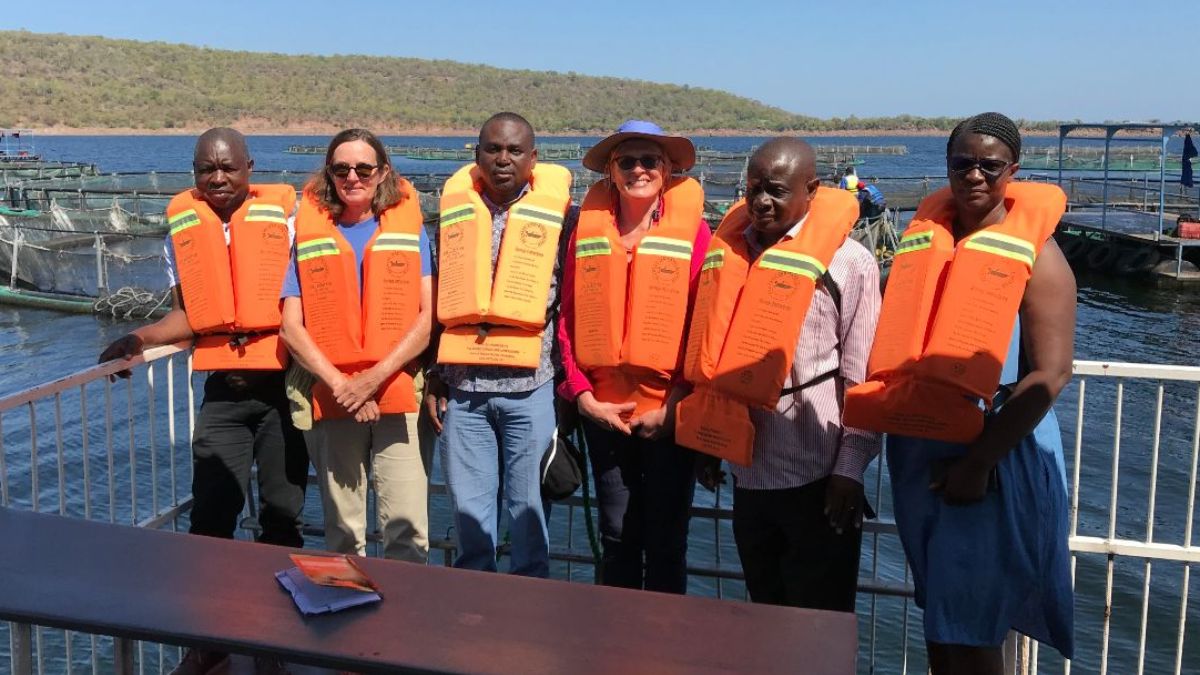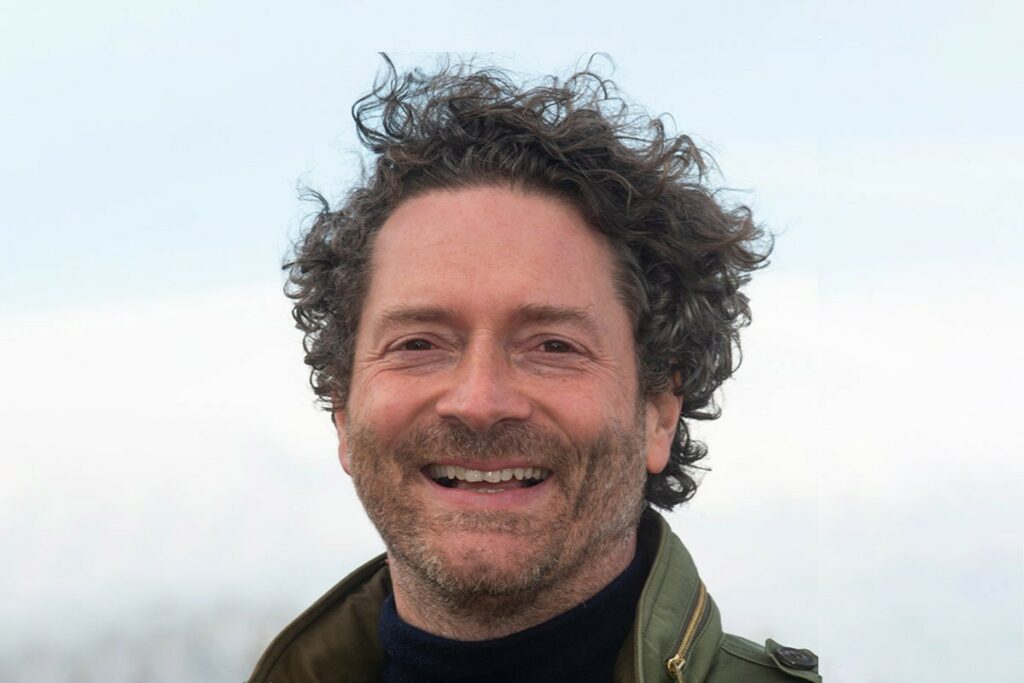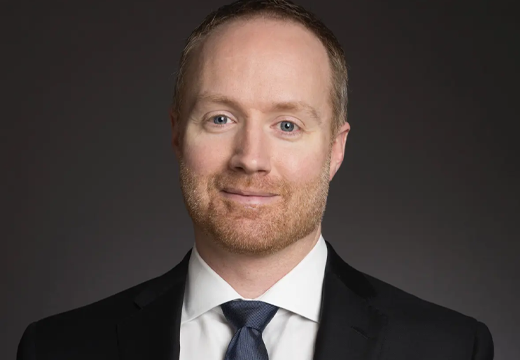Q&A with Karen Veverica of Auburn University
Editor’s note: The Global Aquaculture Alliance spotlights various members dedicated to GAA’s mission of responsible aquaculture. Membership starts at only $50 for individuals and $5,000 for businesses. Start utilizing our extensive benefits. Featured this month is Karen Veverica of the School of Fisheries Aquaculture and Aquatic Sciences at Auburn University.
 Tell us a little bit about your background.
Tell us a little bit about your background.
I knew I wanted to work in aquaculture back in the early 1970’s because I liked all things aquatic and marine and was intrigued by the idea of using what I learned as principles of biology and ecology to grow food. Plus, I used to sit at the bottom of a lake with scuba gear on and just watch what was going on. I learned French and Japanese because those were countries that seemed to me to lead in aquaculture and marine sciences. Since 1976, when I joined Peace Corps as a fisheries volunteer, I have worked at some type of aquaculture job. My early desire was to work with marine species (which I have done to some extent) but I found more work and more production options in freshwater. Much of my work has been in Africa and I have spent more than 20 years on that continent, off and on. I was fortunate to be hired by Auburn University in 1981, initially to work on their huge research station, but much of my international work was done through Auburn. I retired from Auburn in March 2019, as Director of the aquaculture/fisheries experiment station. Although not a professor, I have trained a lot of people. My desire is to assist African-owned fish farms because they often do not get the advisory services that the big international companies get. I figure to spend 2 months a year volunteering; 5 months working on consultancies and 5 months of vacation.
Why did you join GAA?
I liked reading your articles and now that I’m retired, I have time. Or used to, until I got busy again. Continuous improvement through reading, listening and asking questions.
What solutions do responsible aquaculture provide?
A source of food and income for marginalized groups of people (the most challenging).
A means to increase fish/seafood production without decimating wild stocks.
What are the three words that best describe the future of the industry?
Steady rational growth.
 Where is the most interesting place you’ve traveled to?
Where is the most interesting place you’ve traveled to?
That’s hard to say because I travel to many interesting places and they all have their special characters. I’m about to return to Madagascar to volunteer in the Farmer-to-Farmer program. That’s an interesting place, even though I haven’t visited the entire island. I also found Pakistan to be quite interesting. So is Rwanda. Just returned from Senegal. But I really liked living in East Africa, Kenya and Uganda and wish I could spend more time in TZ. I’ve worked in many more countries so now my colleagues there are going to ask why they aren’t on the list.
Thanks for being a member, Karen!




